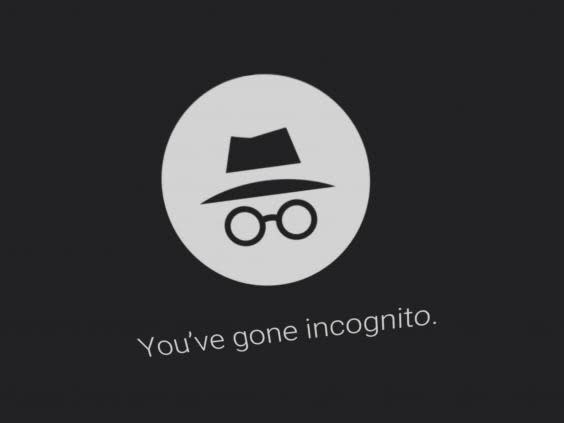Google to fix Chrome loophole that gives you away when browsing incognito
Google has promised to shut down a loophole in Chrome that allows websites to see when visitors are browsing in Incognito Mode.
The change will be introduced in the next update for the popular web browser, which is set to arrive on 30 July.
"We want you to be able to access the web privately, with the assurance that your choice to do so is private as well," Google wrote in a blog post.
"In situations such as political oppression or domestic abuse, people may have important safety reasons for concealing their web activity and their use of private browsing features."
Google said the update would affect some web publishers who have been using the loophole to detect and prevent metered paywall circumvention.
Currently, some news websites and other online publishers offer a finite number of free articles before a visitor has to pay for a subscription.
In some instances, web users can trick the sites into thinking they have never visited before by using Incognito Mode in Chrome. Some websites have become wise to this, however, and now blocks visitors using the private browsing mode.
The technology giant justified its decision to close the loophole by explaining that user trust and private browsing principles must be prioritised over publishers' paywall strategies.
"Our News teams support sites with meter strategies and recognise the goal of reducing meter circumvention, however any approach based on private browsing detection undermines the principles of Incognito Mode," Google said.

Despite the update, the privacy features of Chrome's Incognito Mode remain limited. Google warns on the Incognito Mode landing page that a user's browsing activity might still be visible to "websites you visit, your employer or school [and] your internet service provider".
A recent study found that 93 per cent of pornography websites collect data from its users and leak them to third parties, even if visitors are using private browsing modes.
"[The] assumption that porn websites will protect [visitors] information, along with the reassurance of the 'incognito' mode icon... provide [visitors] a fundamentally misleading sense of privacy," the study states.

 Yahoo News
Yahoo News 
